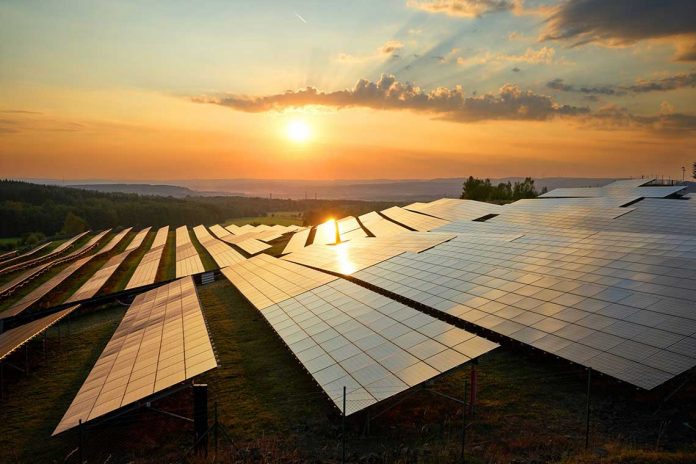Community energy projects have been given a six month extension to complete and register feed-in tariff (FiT) projects due to ongoing challenges caused by COVID-19.
The announcement comes a year after the FiT closed to new applications on 1 April 2019, however projects that applied before the closure are still able to receive support under the scheme so long as they are commissioned on time, allowing them to submit their applications for accreditation before the deadline.
Up to 250 projects – the majority of which are community energy installations and are close to completion – are facing delays due to the COVID-19 pandemic.
Delays include supply chain disruption with materials stuck in transit, buildings closed for installation, installers in isolation and certifiers unable to visit, meaning generators will be unable to complete construction and commission the projects and submit their application for accreditation in time. The deadline for the majority of these projects was today (31st March 2020).
Affected applications have raised concerns about their projects, and Community Energy England has been lobbying for an extension to this deadline for several weeks, something chief executive Emma Bridge spoke in more detail about in a recent interview with Solar Power Portal.
The Department for Business, Energy and Industrial Strategy (BEIS) has therefore passed the Feed-in Tariffs (Amendment) (Coronavirus) Order 2020, an amendment to the Feed-in Tariffs Order 2012. It comes into force today and grants a six-month extension to affected projects, with the current deadline in light of the Amendment now 30 September 2020.
The Explanatory Memorandum for the Amendment states that there was “a need to act urgently” before the 31 March deadline, “to give affected projects the legal certainty and clarity about the status of their projects, and to avoid any risk of legislating retrospectively”.
Any further extensions required due to COVID-19 will require a further Statutory Instrument, however, with BEIS planning on keeping the need for any further extension “under close review”.
Duncan Law, policy manager at Community Energy England said the organisation is “delighted” that BEIS has reacted “so swiftly and proactively” to the request for an extension in light of difficulties experienced as a result of COVID-19.
“For many community energy organisations this would have meant projects failing and financial damage that might have threatened organisations’ existence. Now we will see more than 1MW of extra community renewable energy capacity, at least £1 million pounds more investment in local solutions by local people and huge long-term community benefit,” Law continued.






